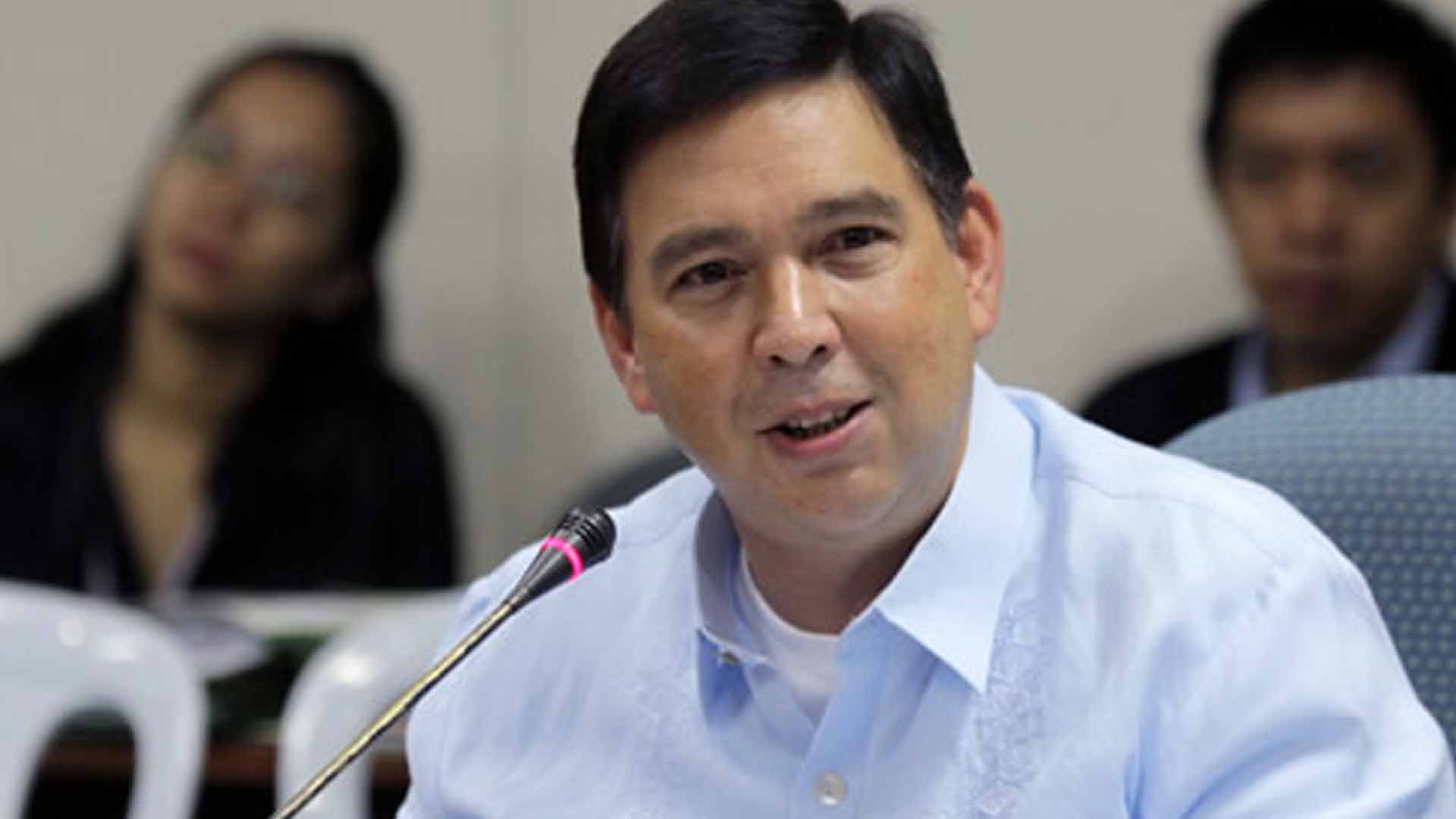The administration pressed Congress to pass the National ID Law, designating it a national project of the highest priority, certifying that funds are available for its implementation, and no wonder Congress complied.
That was two years ago, when we passed the law certified as urgent by the Palace. During the debates then, we were told that the plan was to cover 100 million people in 4 years.
But it now appears that there’s a wide gap between intent and implementation. The proof has always been in the funding. And in the case of the national ID project, it is wanting.
Yesterday, when I asked how many IDs have been issued so far, Senator Angara, sponsor of the NEDA budget, replied “zero”.
For 2020, there is zero funding for the project in the “programmed portion” of the proposed national budget.
What is provided is a P2.4 billion “unprogrammed appropriation,” which, at best, is a tentative allocation dependent if new loans or revenues can be raised.
But even if the P2.4 billion will materialize, it is only about 42 percent of what is needed to fully meet the project’s objectives and deliverables next year.
So instead of 14 million Filipinos, less than half, or 6.3 million, will be registered in 2020.
And this will trigger a domino effect that will lay in shambles the project’s timetable. The original plan is to enroll 14 million in 2020; 52 million in 2021, including 5 million overseas Filipinos; and 44 million local residents plus 5 million overseas Filipinos in 2022.
The tunnel-end vision is to register 110 million Filipino citizens and resident aliens and 10 million Filipinos abroad in what is officially called the PhilSys by 2022.
To meet this deadline, 4.3 million registrants must be processed every month by the 5,000 registration kits placed in mobile and fixed registration centers.
But if the critical purchases in the early stage of implementation will not push through for budget lack, then future registration quotas will not be met.
The 2020 scheduled procurement lays the foundation of the project. Without this, the project is crippled, the rollout derailed, its future jeopardized.
From a government budgeting point of view, the ID project (which covers the grant of digital credentials to citizens) is needed to prevent leakages and fraud in the implementation of various multibillion-peso social programs such as 4Ps, Universal Health Care, and senior pension.
Unless rectified, it will be no (GAA) entry, no ID.







